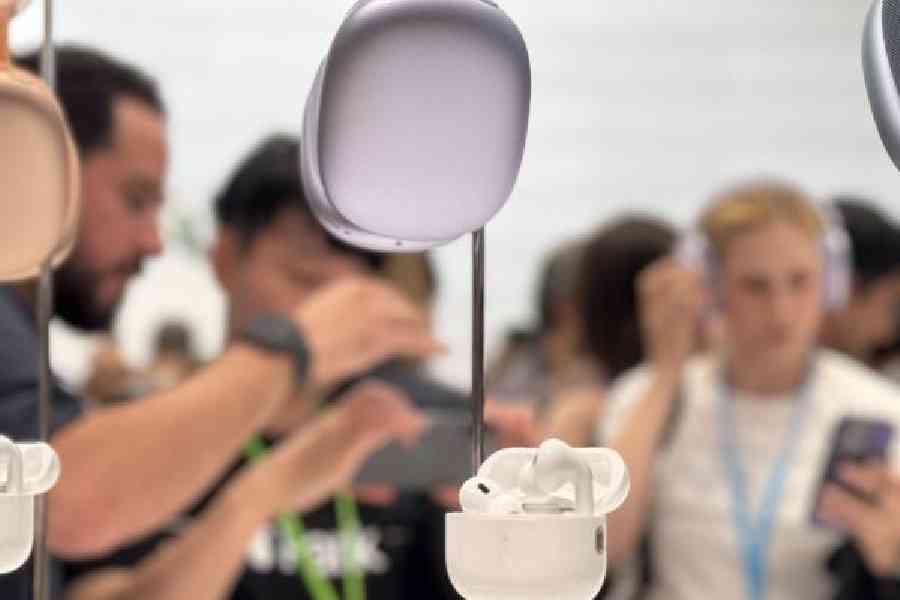The iPhone 16 was at the heart of Apple’s ‘It’s Glowtime’ event on September 9 but it was a software update to an already existing hardware that caught attention — AirPods Pro 2 can act as an over-the-counter hearing aid. The company said it was waiting for approval from the US Food and Drug Administration. That has been granted. FDA has approved the software update that enables that functionality.
“Hearing loss is a significant public health issue impacting millions of Americans,” the FDA’s Michelle Tarver said in a statement. “Today’s marketing authorisation of an over-the-counter hearing aid software on a widely used consumer audio product is another step that advances the availability, accessibility and acceptability of hearing support for adults with perceived mild to moderate hearing loss.”
The feature works by amplifying some sounds, such as voices, while drowning out others, such as ambient noise. Users can take a hearing test in the Apple Health app, and their AirPods will adjust sound level automatically based on the results.
The FDA says it tested Apple’s hearing aid feature in a clinical study with 118 subjects who believed they had mild or moderate hearing loss. Earlier this week, t2 went hands-on with a demo version of Apple’s new hearing test and keep reading this space for an update.
The other health feature that has become the talk of the town has to do with sleep apnea on the Apple Watch. Using an innovative new Breathing Disturbances metric, sleep apnea notifications come to Apple Watch, adding to the many ways Apple Watch acts as an intelligent guardian for users’ health. The sleep apnea notifications are expected to receive marketing authorisation from the FDA and other global health authorities soon.
“With Apple Watch, we continue to offer our users the ability to uncover important health conditions with new sleep apnea notifications. And on AirPods Pro, powerful features put users’ hearing health front and centre, bringing new ways to help test for and receive assistance for hearing loss,” said Sumbul Desai, MD, Apple’s vice-president of health.











